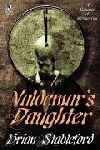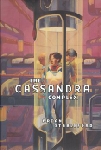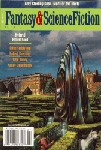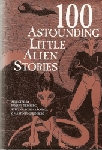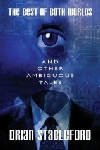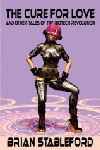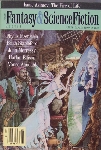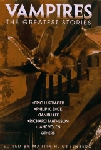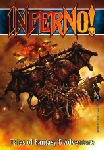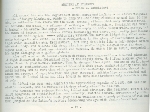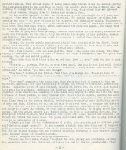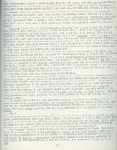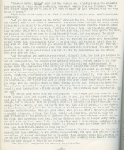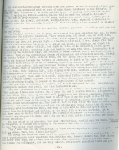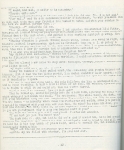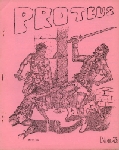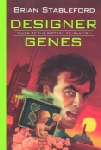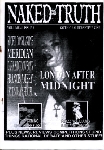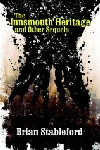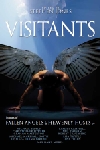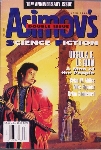The Mad Trist: A Romance of Bibliomania [33]
Valdemar's Daughter/The Mad Trist, Borgo Press, October 2010Review by Sally Startup
This novella is a joy to read, from start to finish, and it is my new favourite out of all the stories by Brian that I have read so far. It contains important lessons for all bibliomaniacs.
Auguste Dupin's American friend sets off for England, where he visits a house just a little like "The House of Usher". He carries in his pocket The Mad Trist, a rare book that Mr Poe quoted in that very tale.
There is a delicious "hook" at the end of chapter one. Its implied instruction to myself, as a reader, was almost — but not quite — impossible not to disobey, once the thought had been planted in my mind.
Those of us who enjoy reading imaginative fiction are easily mesmerised by such ideas as a book that brings a curse on its readers, since we are used to setting rationality aside for the sake of a good story. And it is possible to feel completely at the mercy of the story-making part of one's own mind, even at the same time as understanding that an idea need not have any effect outside of the story.
As I continued to read, I did begin to feel genuinely scared at the prospect of reaching the end. Luckily, I survived, largely due to the skill of the author. But I don't want to say any more about what happened, for fear or spoiling the experience for other readers.
